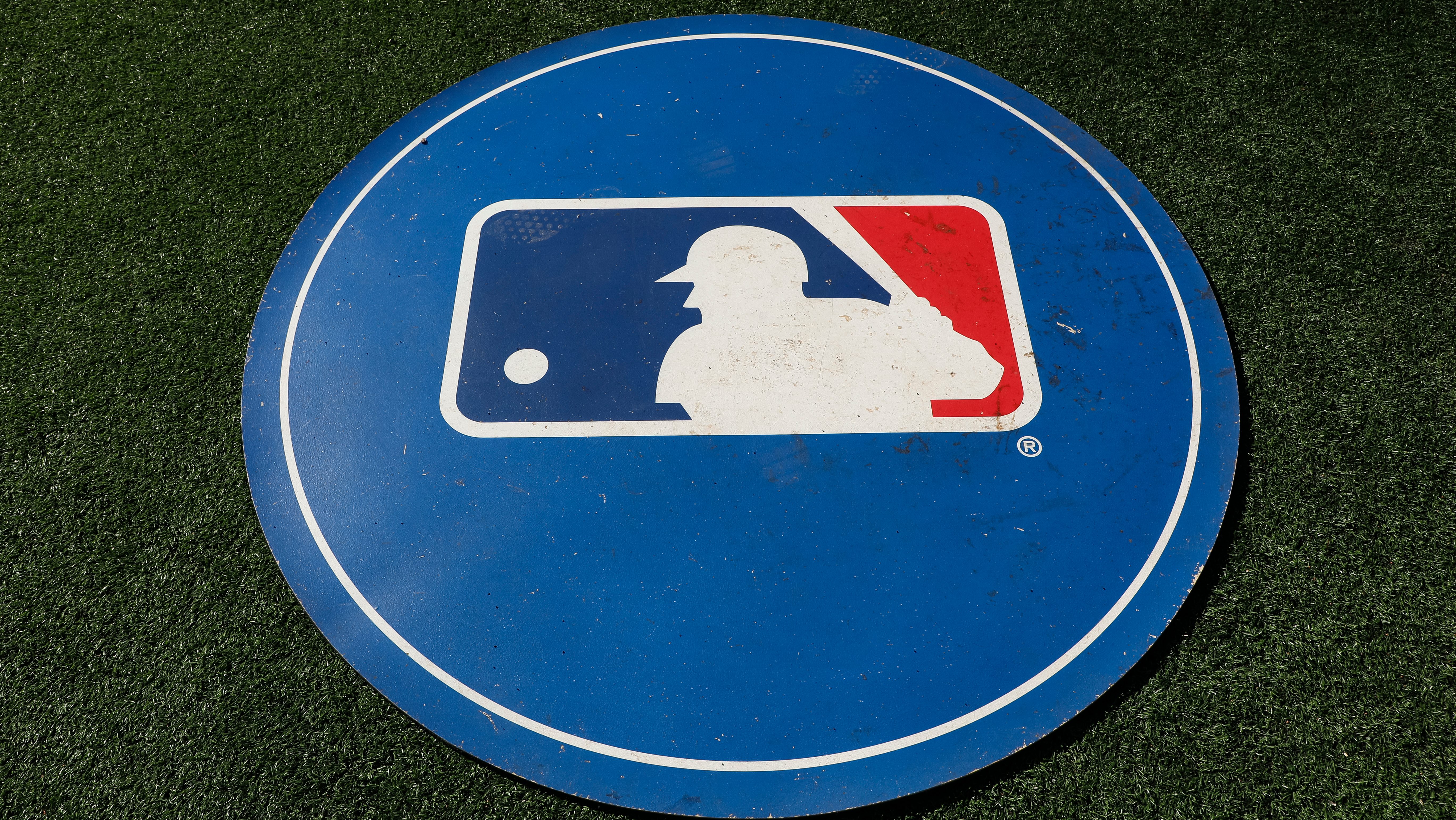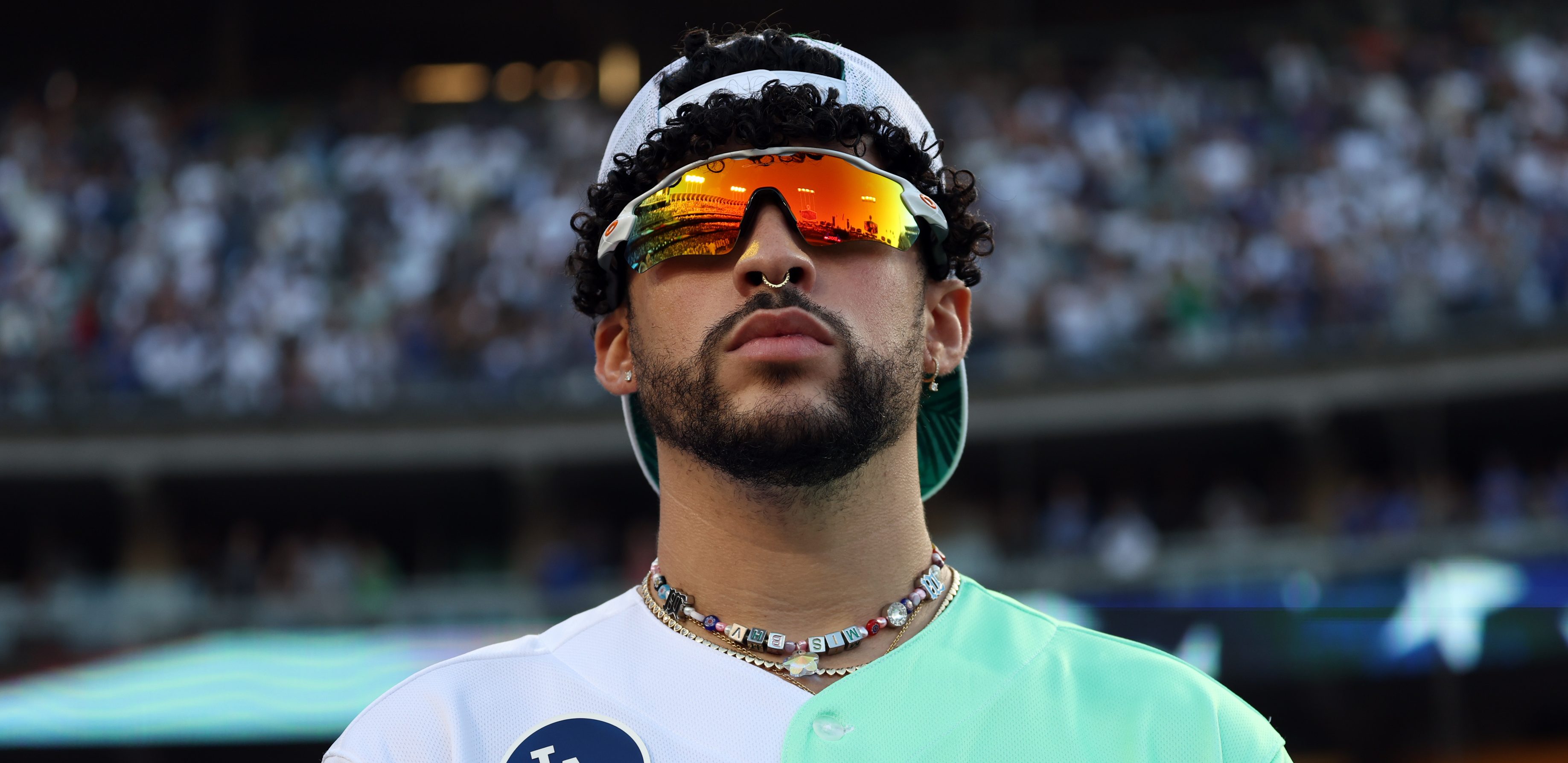
The Cubs essentially had Jake Arrieta’s countdown to free agency in mind from the moment they made that franchise-altering trade with the Baltimore Orioles in the middle of the 2013 season, allowing him to hit the reset button in the minors while also guaranteeing an extra year of club control.
The Cubs stashed Arrieta at Triple-A Iowa for parts of July and August, a time when their big-league rotation featured Carlos Villanueva and Chris Rusin, Travis Wood had been their only All-Star representative and Edwin Jackson led the majors with 18 losses in the first season of a four-year, $52 million contract.
But no one inside Theo Epstein’s front office would have predicted Arrieta — an enigmatic talent with a 5.46 career ERA in 358 innings for the Orioles — blossoming to the point where he would become the top pitcher on the open market this winter and command a nine-figure contract.
Maybe the Los Angeles Dodgers feel a sense of urgency after watching Yu Darvish pitch 3.1 innings combined in his two World Series losses and see Arrieta as the missing piece to their first title since 1988. Perhaps super-agent Scott Boras does yet another deal with Washington Nationals owner Ted Lerner, making sure Gio Gonzalez doesn’t start twice in a five-game playoff series next year. The rebuilding Philadelphia Phillies could envision Arrieta as their version of Jon Lester.
But the day after the Cubs formally made the one-year, $17.4 million qualifying offer Arrieta will reject without a second thought — and before Boras does his stump speech during next week’s GM meetings in Florida — it’s worth remembering and appreciating how both sides got to this point.
“When he came over from Baltimore, the one thing the Cubs placed in him was that they trusted his way of doing things, his thought process,” Boras said during a conversation at Dodger Stadium in the middle of the National League Championship Series. “They really helped him become consistent with his way of doing things. Rather than preaching change and dramatic change, they really preached a repetitiveness of what he felt he did best.
“The old story is that it takes a great idea for change, but it takes the right idea to create a difference. The right idea was to let him be himself.”
MLB
The environment that allowed Arrieta to flourish is changing, with Jim Hickey taking over for fired pitching coach Chris Bosio and the Cubs bracing for the possibility of replacing 40 percent of their rotation. (John Lackey isn't retiring, Jon Heyman of FanRag Sports and MLB Network reported Tuesday, and intends to pitch in 2018.)
But as an organization, the Cubs still have the long-range vision and eyes for talent that created a World Series winner, the elements of a defense that played at a historic level in 2016, plus two key staffers — Mike Borzello and Tommy Hottovy — who are expected to remain in place to oversee the game-planning/run-prevention system.
That pitching infrastructure — plus the big raises coming for young Boras clients through the arbitration system and the massive financial obligations already on the books — means the Cubs will keep trying to find more change-of-scenery guys like Arrieta.
Remember, Arrieta is someone who spent time at the Triple-A level during the 2009, 2010, 2012 and 2013 seasons and even thought about quitting baseball and falling back on the business/marketing courses he took at Texas Christian University.
“With Jake, everyone told him how good he was physically,” Boras said. “And then he would have two good games. And then they would seek additional change. And then he would not perform well. And then he would go back to square one.
“(It’s going) back to square one multiple times and having everybody each time tell you: ‘Hey, physically, you’re a great pitcher. You have all this ability.’ You begin to reexamine your own self psychologically, because everyone is telling you how good you are, yet you keep getting replaced back in a position where you know you’re not succeeding. That was a very difficult number of years for Jake in Baltimore.”
At that point, are you trying to think of a way to get your client out of Baltimore and circling the Cubs as a rebuilding team with opportunity?
“Absolutely,” said Boras, who also represents high-profile Cubs like Kris Bryant, Addison Russell and Albert Almora Jr. “I called Theo about Jake, of course I did. I just said: ‘Hey, you know, I got a great player. You guys need to look at him.’ It was in conversation and things like that. And to Theo’s credit, they were on him. They knew all about Jake, which says a lot about how they do things.”
The Cubs won 63 percent of the games Arrieta started (81-47) and made the playoffs three years in a row for the first time since 1906-08. The Cubs don’t win their first World Series title since the Theodore Roosevelt administration unless he beats the Cleveland Indians twice on the road last year.
Since 2014, Arrieta has put up an ERA (2.67) and batting average against (.201) that ranks third among all big-league pitchers, posted an 18.5 WAR that matches David Price and generated a soft-contact percentage that’s almost exactly the same as Clayton Kershaw’s rate (22.1).
Do you think they’re going to miss Arrieta when he’s gone?
“The Cubs have made moves that increase the likelihood of consideration,” Boras said. “The reason for that is they traded all those minor-league players. Who’s the stock they have below?”
Arrieta’s emergence along with core players like Anthony Rizzo helped nudge the Cubs toward giving Lester a $155 million contract after a fifth straight fifth-place finish in 2014.
Arrieta’s transformation into the 2015 NL Cy Young Award winner — and complete-game shutout against the Pittsburgh Pirates in the wild-card game — helped underwrite a spending spree on free agents that totaled almost $290 million.
No matter what happens from here, a huge part of Arrieta’s legacy will be as a Cub, and the history of the franchise couldn’t be written without explaining his impact.
“I really think he was a foundational piece for them to make decisions to go add more where they knew they could compete,” Boras said. “When Jake came up and he had that great half-season, it encouraged the Cubs to do more, because they really knew that they had a chance for a No. 1 starter, and then to advance growth of this team.
“The Cubs had to make some interesting decisions, because they literally had to trade a lot of their minor-league prowess to get to where they are today, to have a ring on their finger and then to reposition for another one.
“That, I think, largely in part, was the fact that they knew that they had Jake Arrieta at the foundation to do it.”
That will be the essence of the Boras sales pitch, how Arrieta is someone you can plan around, trust in the playoffs and drop into the middle of a clubhouse. The Cubs already know all this and don’t have an owner who will be sweet-talked into a megadeal, because chairman Tom Ricketts lets his employees do their jobs and doesn’t meddle in baseball operations. But Arrieta will get paid beyond anyone’s wildest dreams on July 2, 2013, when the Cubs traded Scott Feldman and Steve Clevenger to the Orioles.
“He brings a stability factor that few major-league athletes do,” Boras said, “because he’s in great shape and he’s durable and he can pitch in big games and he’ll teach young pitchers. When you have those quadrants — when you’re able to do all four of those things — they’ve proven to be those kinds of staples that a franchise can rely on. Jon Lester’s that way, too. There are not many of them.”


